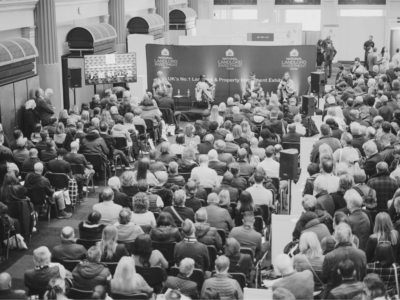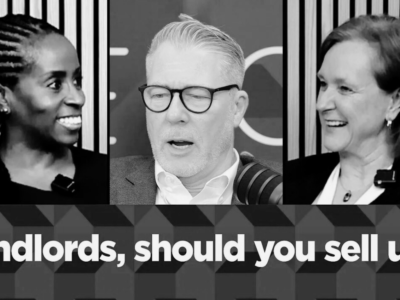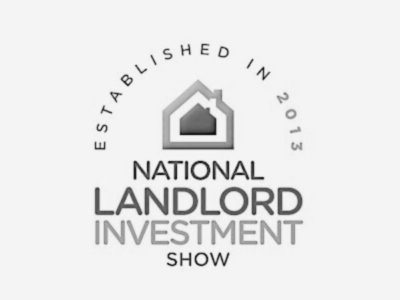The ongoing impact of the Coronavirus has seen many mortgage lenders pull nearly all of their highly leveraged mortgage products from the market. However, 100% loan to value mortgages are now back on the menu, the only caveat being you have to be super-wealthy to secure one.
It isn’t the first time that mortgage products requiring a small or no deposit have evaporated from the market, with a similar trend seen following the financial crash in 2008. However, their prevalence had started to grow with a 130% increase in available 95% LTV mortgage products seen last year compared to five years prior.
Some lenders were also inching ever closer to the 100% LTV mortgage with Lloyds the first to do so, launching it’s Lend a Hand mortgage in January of last year, soon followed by Halifax, although this required a loan to be taken out by a family member in order to be successful.
However, both have since shut their doors to new applicants and according to data from Moneyfacts, the total number of mortgage products on the market has fallen 51% since the start of March.
While these types of mortgage products prove popular with first-time buyers in particular, news of their return will do little to help the average home buyer as they are only available to the super-wealthy.
Enness Global, the world’s leading high-net-worth mortgage broker, has seen a number of 100% LTV products return to the market via private banks in Switzerland. However, it does require the individual to leave their ‘deposit’, typically 35% of the loan amount creating a net position of 65%, under management with the bank.
The minimum loan available is a cool £5m, with rates in the region of 1.75% dropping to sub 1.5% if the assets under management with the bank exceed the £10m mark.
Many high-net individuals won’t go through the rigmarole of moving carefully positioned assets around to place them under the management of a bank simply to secure a mortgage, so why do the super-wealthy need this 100% LTV product?
Group CEO of Enness Global Mortgages, Islay Robinson, explains:
“This type of product does offer benefits for those willing to do the leg work to secure it. In essence, the money they invest with the bank lands on the other side of the balance sheet. So they will have the mortgage borrowing on one side, and the money placed with the bank on the other side.
It then becomes a win-win for both the bank and the client in the sense that it provides the bank with some money to play with, in what are tough financial times, while the client’s money keeps on earning for them instead of being ‘dead’ money tied up in a deposit.
The real cherry however to such a structure is a barrier for Inheritance Tax. For those at the very top end of the wealth ladder, succession is an increasingly central consideration.”

























Comments